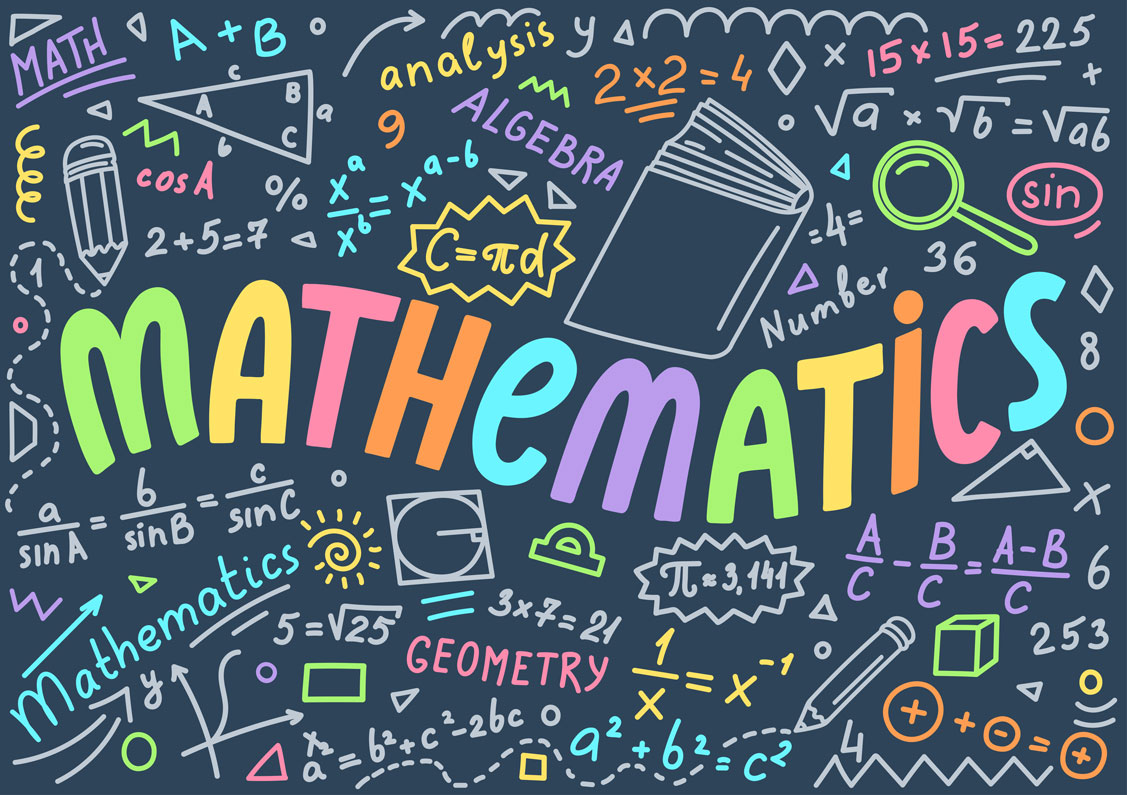Dyscalculia is often known as “math Dyslexia” and defined by the Diagnostic and Statistical Manual of Mental Illness (“DSM-5”) as a “specific learning disability with impairment in mathematics.” Children with Dyscalculia often have a difficult time with number sense, including less than and greater than, trouble doing basic math computation, difficulty remembering phones numbers or zip codes, trouble telling time, and have an inability to memorize math facts (despite the number of times you try and help them memorize those facts!). 1
WHAT INTERVENTIONS ARE AVAILABLE?
Like Dyslexia, there are specific, evidenced-based programs that can be useful when working with students with a math disability. Programs such as Touch Math (www.touchmath.com) can provide students who have difficulties in math with a multisensory approach to learning basic math concepts. Assistive technology, such as number grids, and calculators are often essential accommodations included in an individualized education program for students with Dyscalculia. Other accommodations and modifications that are useful can be: use of graph paper, less problems per page, pre-teaching of material and providing students with the necessary math function or formula which can be essential in assisting students who struggle with math.
HOW TO PROCEED IF YOU SUSPECT YOUR CHILD HAS DYSCALCULIA
If you are concerned your child may have a disability in math reach out to your child’s teacher first and ask for any recent math assessments such the MAP Assessment results, or IXL, to help determine your child’s grade level. A referral to Intervention and Referral Services (“I&RS”) or the Child Study Team (“CST”) may also be necessary to determine if more formalized assessments are necessary. Private assessments through a neuropsychologist or learning disabilities teacher consultant can also diagnosis a math disability, and will include school based recommendations unlike CST testing.
As always, if you have any questions about Dyscalculia or any other disorder or disabilities affecting your child do not hesitate to reach out to us!
1 https://www.understood.org/en/articles/signs-of-dyscalculia-in-children


